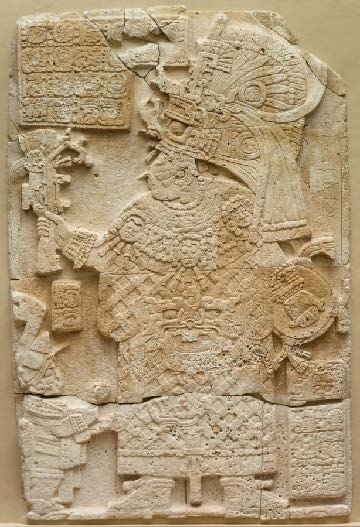Friday Seminar: "Data Games: Cognitive Mapping in Ancient Pompeii"
Submitted by mswanson on November 13, 2017 - 3:12pmSpeaker: Dr. David Fredrick, Associate Professor, Department of Classical Studies, University of Arkansas
3:00pm -- Panel Discussion on Critical Archaeological Gaming with Chris Johanson, Demetri Terzopoulos, Eddo Stern, and Lisa Snyder
4:00pm -- Reception
5:00pm -- David Fredrick Lecture: Data Games: Cognitive Mapping in Ancient Pompeii



 Recent investigations in Waka’s primary civic-ceremonial structure discovered a royal tomb including the remains of Queen K’abel.
Recent investigations in Waka’s primary civic-ceremonial structure discovered a royal tomb including the remains of Queen K’abel.